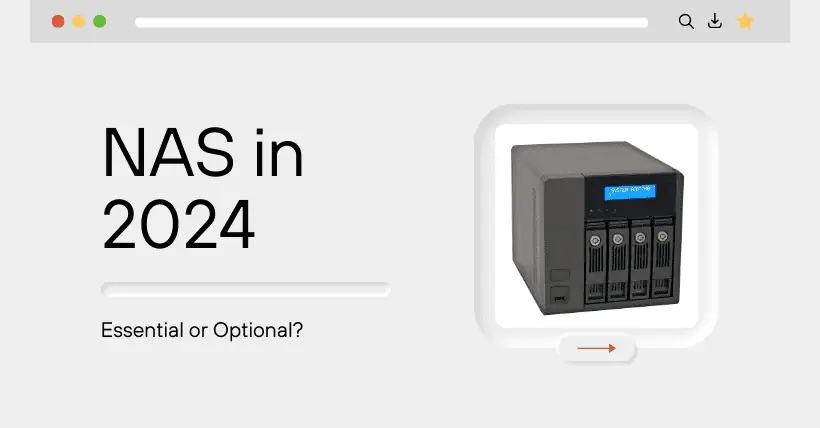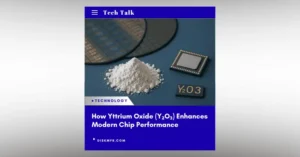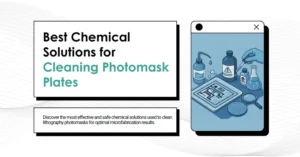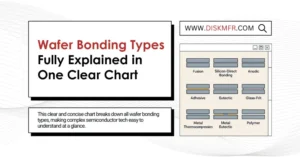It is said that the three major hobbies of middle-aged men on the internet are routers, chargers, and NAS. The first two are easy to understand as they are often used in daily work and life. However, for NAS, many people still know very little or have never heard of it.
On the other hand, among NAS users, there are two completely different camps. One side believes that NAS is a pseudo-demand, and will gather dust soon after purchase; the other side believes that once you start using NAS, you can’t go back, as it greatly improves work and life efficiency. Faced with these two opposing views, people who don’t know much about NAS may be confused and find it difficult to make a judgment. If you are considering buying a NAS recently but haven’t decided on a reason, read this article, and you will find the answer.
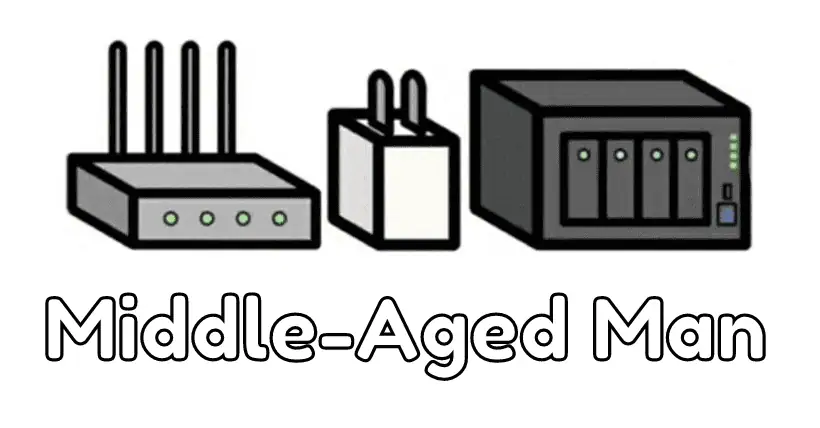
01
What is NAS?
According to Wikipedia, NAS stands for Network Attached Server, which translates to network access server. It is a remote access device that sits between the public telephone network (PSTN/ISDN) and the IP network, connecting dial-up users to the IP network. It can complete remote access, implement dial-up virtual private network (VPDN), and build intranet applications for enterprises.
After reading this explanation, many people may still not understand. In simple terms, you can think of NAS as a low-power computer that can run without a screen or a personal micro-server that can be accessed and modified through a local area network or the internet.
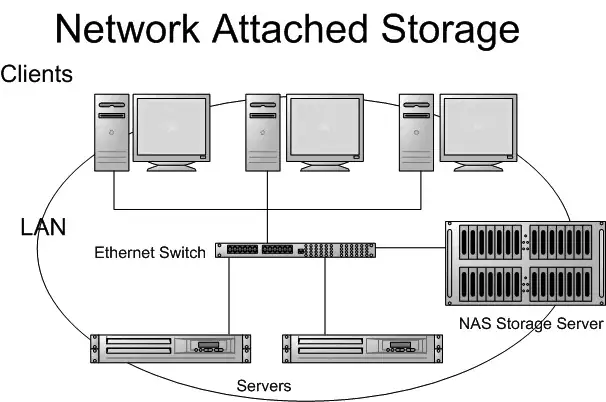
A NAS consists of two main parts: software and hardware. The software (NAS system) market is currently flourishing and can be roughly divided into three categories:
- Integrated hardware and software NAS operating systems. Examples include Synology’s DSM, QNAP’s QTS, TerraMaster’s TOS, ZOS from ZSpace, and UGOS from UGREEN.
- Pure software operating systems. These can be either paid or free, supporting self-hosted deployment on different hardware, such as Unraid, TrueNAS Scale, FreeNAS (TrueNAS Core), OMV, IstoreNAS, ZimaOS, XigmaNAS, etc.
- Native and virtualized systems. Based on Linux, supplemented by virtualization and container technology, they form a visual management system for deploying various services on a server, such as UmbrellaOS, Cosmos-Server, etc., including virtualization platforms like PVE, ESXI, and Hyper-V.
On the hardware side, NAS can be as simple or complex as you want. For convenience, you can buy branded machines like Synology, QNAP, TerraMaster, ZSpace, etc., which come with integrated systems and require little setup. However, these devices are often expensive due to their integrated systems, especially Synology, which has established a solid moat with its DSM, dominating the NAS market.
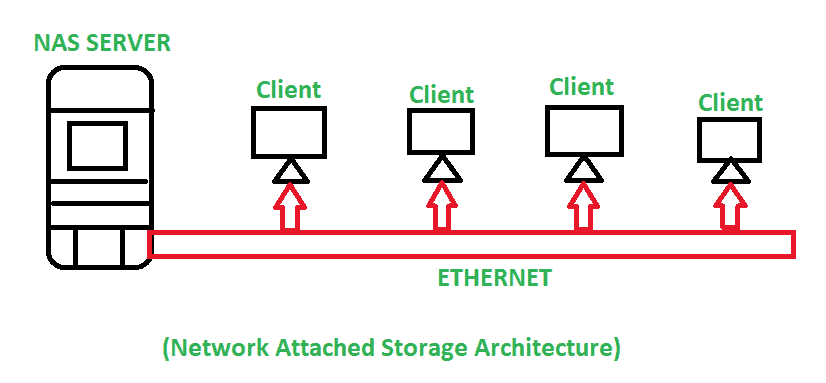
If you want to play NAS at a lower cost, there are many options for devices. For instance, some machines are sold without a system, such as the Tianbei WTR Pro, allowing you to install any NAS system you like, which is relatively affordable but requires more tinkering.
To minimize the cost of playing NAS, you can also buy a small host for a few hundred yuan and install a NAS system or buy components like motherboards, memory, hard drives, and power supplies from the second-hand market to assemble your own. Even a retired set-top box can be repurposed as a NAS with the right software, though these are more for experimentation and not suitable for long-term use.
02
What can a NAS do?
After gaining a basic understanding of NAS, let’s look at what a NAS can do. This will help you decide whether you need one.
① File storage and backup
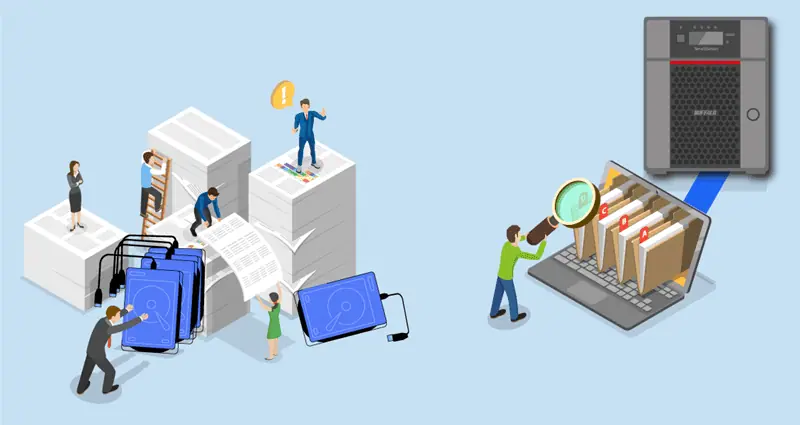
For many people, file storage is the most basic function of a NAS. By connecting your phone or computer to the NAS, you can save files directly to its hard drive. This function is somewhat similar to current cloud storage, with seamless synchronization supported by software, including videos, photos, documents, etc. Compared to cloud storage, the obvious advantage of NAS is that the data is controlled by you, avoiding the risk of files being mistakenly deleted by the platform.
Since NAS relies on network connectivity, it is very suitable as a shared storage center for families or small companies, where all authorized individuals can access the stored files. This also creates various usage scenarios, such as synchronizing family photos to the NAS to use as a family album or as a collaboration platform for companies to store team-shared files. You can even edit videos or images directly on the NAS.
② Media Library
Besides basic functions, a popular use of NAS is building a media library. Since NAS needs to be used online, you can directly download movies or music to the NAS via the backend. Compared to downloading on a computer, NAS has low power consumption and can run 24/7 without constantly monitoring the download progress.
Moreover, by setting up services like Emby, Jellyfin, or Plex, you can turn your downloaded media into a beautiful poster wall, especially suitable for enthusiasts of original movies or lossless music. Connecting to playback devices like TVs or projectors can significantly enhance the viewing experience.
③ Advanced uses of NAS
Many NAS systems now come with Docker, bringing more advanced uses. With this, you can even use the NAS as a lightweight server, deploying any applications you want. For example, you can use Docker to achieve network penetration, making it easy to access your home NAS from outside (integrated NAS manufacturers usually provide this service, but if you install a custom system like black Synology, you need to set up network penetration yourself).
Additionally, you can use Docker on the NAS to deploy note-taking applications like Memos, WizNote, or Siyuan Note, enabling multi-end synchronization without paying, and storing note content locally to reduce the risk of leaks.
Furthermore, you can deploy AI models on the NAS by installing open-source AI platform applications and filling in the corresponding API to enjoy applications like ChatGPT, Midjourney, and the recently popular Suno.
Of course, this is just the tip of the iceberg with Docker. If you’re willing to tinker, it can be as versatile as Doraemon’s pocket, offering more surprises.
03
Do we need a NAS?
Returning to the initial question, many people might already have an answer. In short, NAS is a product that requires continuous tinkering. If the functions it provides meet your needs and you are willing to spend money and time to “play,” then it is worth purchasing. Additionally, if you don’t want to store your data in the cloud and need a more secure place for large amounts of data, a NAS is also a good choice.
On the other hand, if a NAS’s functions don’t appeal to you and you don’t have significant data storage needs, there is no need to create a reason to buy a NAS for yourself.

Disclaimer: This article is created by the original author. The content of the article represents their personal opinions. Our reposting is for sharing and discussion purposes only and does not imply our endorsement or agreement. If you have any objections, please get in touch with us through the provided channels.

